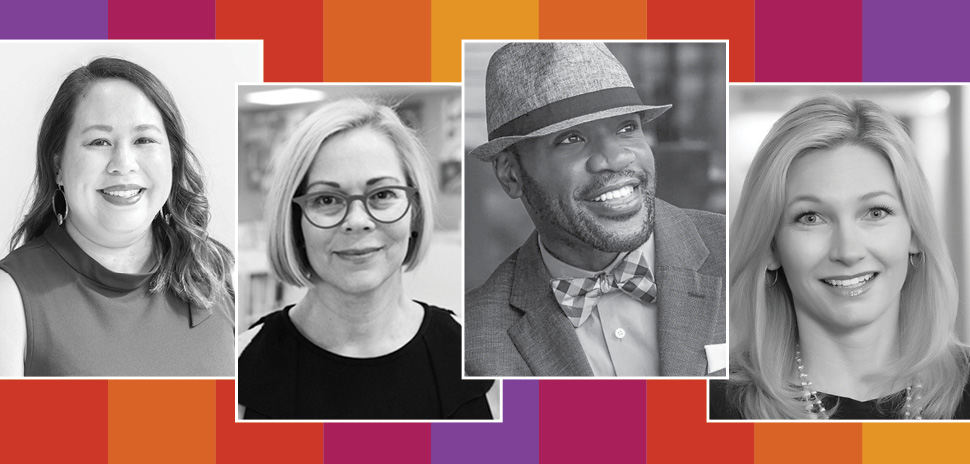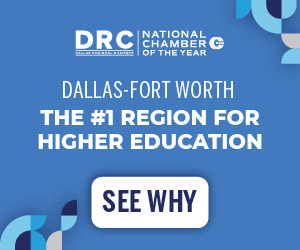The pandemic hit education hard when students and teachers had to embrace distance learning. These Dallas-Fort Worth education innovators are finding ways to bridge the instructional divide heightened by COVID. Refined in crisis, the lessons they’re designing aim to improve education for years to come.
Stephanie Valadez
Managing Director, Per Scholas
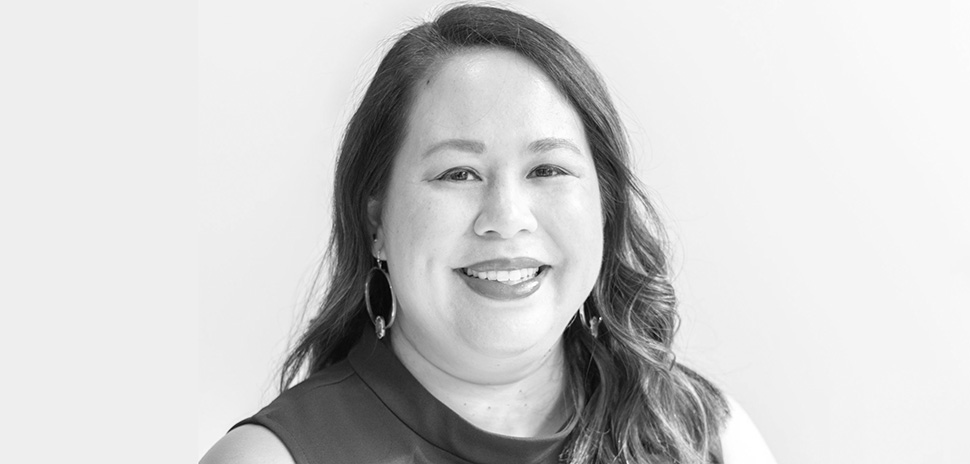
Expanding tech access
Per Scholas expanded their Learner Support Team services to those economically impacted by COVID-19, along with scholarships for learners to train in software engineering, cybersecurity, and other tech-centric fields. “COVID revealed the technological disparities our learners encounter when transitioning to a remote work/learning structure,” Valadez says. “One in five learners do not have access to the technology they need to fully participate in Per Scholas’ training.” So the organization implemented a device loaner program and started raising funds for “technology toolkits” to better prepare BIPOC students for future tech careers.
Per Scholas Dallas works with nearly 1,000 learners, of whom 89 percent are BIPOC to help bring diversity to career fields that have been predominantly white. They also have been hosting a “Diverse by Design” series for area executives.
“The discussion focused on the disproportionate impact the COVID-19 pandemic is having on communities of color and began to develop solutions for businesses to address racial inequities through alternative training and hiring practices that can increase diversity in the Tech workforce,” Valadez says.
Another way the nonprofit has responded to the challenges of COVID-19 and social injustice is through a Diverse by Design series of executive conversations focusing on diversity, she says. The virtual conference series focused on the disproportionate impact the pandemic has on communities of color and looked at solutions for businesses to address racial inequities with alternative training and hiring practices to increase diversity in the Tech workforce.
Per Scholas’ also expanded its benefits to include an employee assistance program through its “People Team” to include wellbeing, health, legal and financial resources. “A large part of building our resilience as a team is investing in our own self-care,” Valadez says, who model that for my team by blocking off long weekends periodically, taking time to unplug and finding positive outlets like working out.
“We can’t continue to do our work without slowing down and investing in ourselves as team members.”
Ossa Fisher
President and COO Istation

Future of virtual instruction
Already a big player in online assessments and instructional tools, Istation saw a surge in traffic with the pandemic. While most educators, parents, and students “are itching to return to some sort of normalcy,” Fisher thinks some of the tech required by COVID-related distance learning will be here to stay. Istation’s technology can provide data and actionable recommendations designed to meet a student’s individual needs.
“Although educational technology was widely adopted this year out of necessity, school leaders are already saying that they will benefit from taking the lessons learned from distance learning back into the classroom,” she says.
The pandemic highlighted those who struggled the most with virtual lessons, with English language learners at the top of the list, Fisher says. For all students, Istation reviewed how they developed content with a focus on culturally relevant lessons.
The company started a “listening tour” early in the pandemic, designed for meaningful conversations at the state and district level, along with parents and teachers. The pandemic underscored the need for equity in education, especially for English language learners (ELLs) who have been disproportionately affected by COVID-19 remote learning, Fisher says.
While Istation has focused on culturally relevant books, stories, and lessons for years, Fisher says it took the pandemic as an opportunity to review its content and to design more rigorous principles for how content is developed going forward—in both English and Spanish.
“We know that for students to take joy in learning, they need to see themselves in the materials they read and use,” she says.
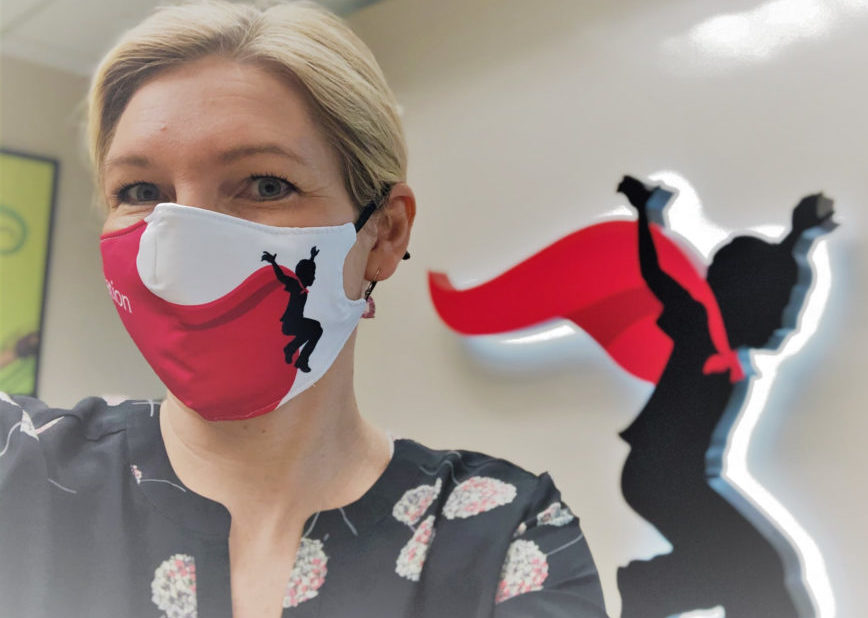
Istation’s Ossa Fisher
What’s next for Istation? “2020 has shown us that students, now more than ever, have a need to express themselves authentically —and to be genuinely heard,” Fisher says. Writing has always been a part of the program, but the company is now taking student expression and collaboration to a new level.
Part of Istation’s initiative to amplify student voices is a new national essay contest that deadlines in February. Inspired by an essay written by “This is Us” star Lonnie Chavis on his experiences with racial injustice and the need for equality and justice, Istation wants to magnify the voices of students to share their unique perspective with the world.
Asked how she fosters resilience in her own team, Fisher says mental health is vital and encourages recuperation. But hearing the stories of those they’ve helped is the best motivator for staying resilient. Being a mission-driven company gives the team a sense of purpose in the uncertainty, she says.
“Getting out of bed in the morning becomes a lot easier when you know you’re helping to make a positive difference in the world.”
Heather Bryant
Director of Innovation and Impact, Momentus Institute
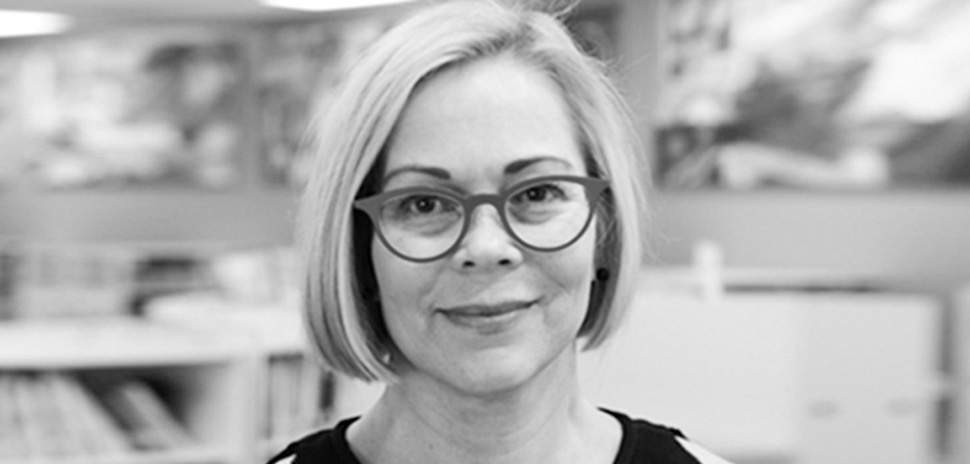
Training teachers in SEL
Momentous Institute—founded in 1920 by the Salesmanship Club of Dallas—just got the official stamp of approval for Changemakers: A Social Emotional Learning Curriculum from the Collaborative for Academic, Social, and Emotional Learning, the nation’s top organization on SEL. Momentous’ curriculum for pre-K through fifth-grade students aligns with TEA standards. The program, based on mental health research using a trauma and equity lens, helps teachers effectively respond to students’ unique needs. Bryant says Momentous research has found that the “impact is much greater when teachers deeply understand trauma and equity. And that’s what Changemakers brings to the table.”
The Changemakers curriculum is available in both Spanish (pre-kindergarten and kindergarten) and English (preK-fifth grade) and is designed to meet children’s needs both inside and outside the classroom. The program is derived from research and practices at Momentous Institute’s laboratory school, therapeutic services, and training. Changemakers is a gamechanger, according to Bryant, because it can “pinpoint the most effective social-emotional learning practices for all children.”
The Momentous School also joined in on a trend rising nationwide: Bitmoji classrooms. Last summer at Momentous Institute’s pre-K through fifth-grade laboratory school teacher created virtual classrooms complete with Bitmoji avatars to bring life to remote learning.
![Teachers at Momentus School, a pre-K to 5th grade school specializing in social emotional health, took their team photo this year with Bitmojis. [Courtesy of Momentous Institute]](https://s24806.pcdn.co/wp-content/uploads/2020/08/Teacher-Bitmoji-poster-final-alt.jpg)
Teachers at Momentus School, a pre-K to 5th grade school specializing in social emotional health, took their team photo this year with Bitmojis. [Courtesy of Momentous Institute]
It was thinking about how to help kids thrive—especially in the pandemic—that led teachers to collectively create the new digital classrooms at Momentus, which serves pre-K through fifth-grade students and their families. The cartoon avatars created through the popular Bitmoji app can play an important role in creating a socially emotionally healthy classroom. Two teachers—Ashley Tant and Katherine Probolus—even created a playbook for others.
The pair shared the school’s strategy in a blog post that can serve as a “how to” manual for others.
Jay Veal
Founder and CEO, INC Education
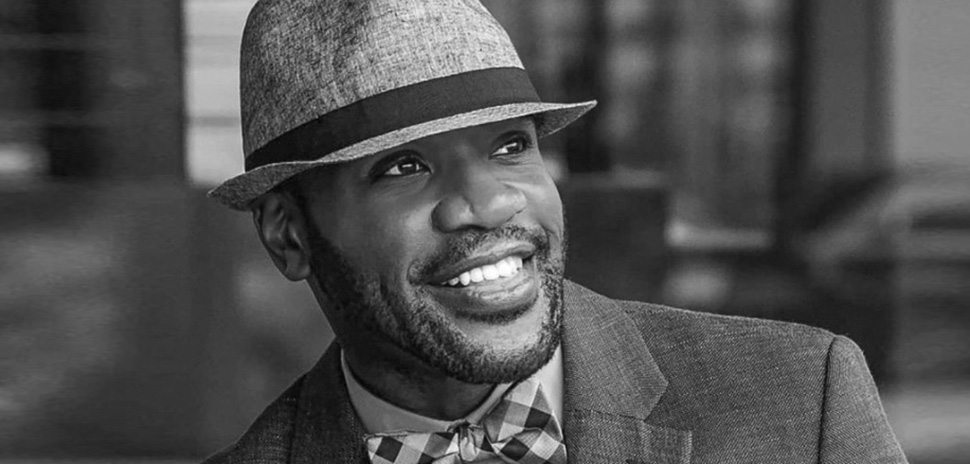
Connection students and tutors
Veal says that when COVID-19 shut down schools in March 2020, he wanted to do something to help African American and low-income students most negatively impacted by the move to remote learning. He decided to start a new nonprofit, Black Tutors of Social Media, and built a platform to connect tutors and students to help address educational inequities. Economically disadvantaged students can find free tutoring, financial literacy programs, and mentoring. He says, “The demographic of students impacted most due to non-instruction and technology access has been underprivileged and African-American students. So, that’s when Black Tutors of Social Media was born.”
The edtech nonprofit provides a platform not only for tutors and students but for donors to contribute funds to one of six programs benefiting young people: free tutoring, financial literacy, entrepreneurship, college tours, mentoring, and travel.
Next up, the organization plans to offer an app.
“The holistic approach of tutoring while engaging different stakeholders and mentoring students has proven to change the way students think about tutoring and academic excellence,” Veal says. “They FEEL supported and know that someone is there to pick them up if they fall, and we are their ‘big brothers’ and ‘big sisters’ to keep them successful in partnership with their parents and teachers.”
A recent expansion to Atlanta has “moved along,” Veal says. “Charlotte, N.C., will be next, followed by San Francisco, Los Angeles, and NY.” The entrepreneur hints that the coming months also include additional opportunities coming from Houston, Silicon Valley, the Northeast, as well as new collaborations.
“There’s much work to do in these times,” Veal says, adding that resilience has always been a pillar of the company. “Our success is not always tested in times where everything is going well. It is tested when times are rough and we have to solve many of the nation’s educational problems alongside our parents and students.”
Quincy Preston contributed to this report.
A version of this story was originally published in Dallas Innovates 2021: The Resilience Issue.
Read it online
Our fourth annual magazine, Dallas Innovates 2021: The Resilience Issue, highlights Dallas-Fort Worth as a hub for innovation. The collective strength of the innovation ecosystem and intellectual capital in Dallas-Fort Worth is a force to be reckoned with.
![]()
Get on the list.
Dallas Innovates, every day.
Sign up to keep your eye on what’s new and next in Dallas-Fort Worth, every day.

